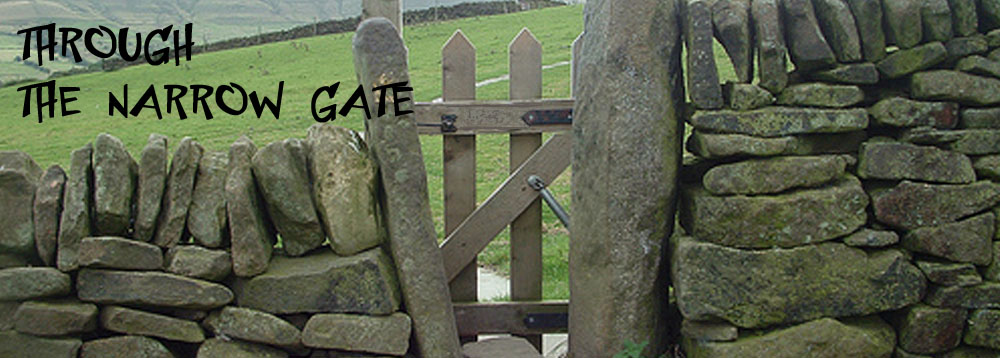I dislike criticism. I don’t like it when people tell me that something I’ve said or something I’ve done is wrong. I’ll confess that part of this has to do with pride, but not all of it. You see, when someone comes to me and criticizes me, I will almost always try to see it from their perspective. While I may not always like it, if they are right, I’ll seek to correct the problem and I’ll have gained a new-found respect for that person. However, many times, I’ve found that criticism is misinformed. At times, people are quick to criticize before having all the facts and they jump to conclusions leading them to criticizing a make-believe problem which is never helpful. It’s often been said, “seek to first understand and then to be understood.” The problem, of course, is who has the time? Can we all be detectives in our spare time?
Nevertheless, criticism is immensely important. Through positive and constructive criticism we essentially sharpen our skills. As an editor criticizes a first draft so the final will be better or a coach critiques a player’s technique so that he or she will be best prepared at game-time, criticism can make us better. But it must always be done with love. So here are a few basic rules to keep in mind when you feel the need to express your criticism:
Seek to understand what you are criticizing. This may involve dealing with the person directly. Ask why the person did something or what they meant when they said or wrote something. You may even find that you’ve completely misunderstood and that you now, having all the facts, actually agree with them.
Criticize the position/action and never the person. In order for you to criticize a position/action you have to know the facts. However, it is easier to assassinate a person’s character than to take the time to learn those facts. If you don’t take the time to learn the facts you have forfeited your right to criticize them.
If you don’t feel strongly enough to criticize the person to their face, then don’t criticize them at all. Self explanatory.
Ask yourself, “does this matter?” There are big things that need to be addressed, but more often than not, what we are criticizing isn’t really important. When you are always critical, people are less likely to listen when important criticism needs to be said. So learn to let those little things go. When people don’t see you as a critical person, when you do feel the need to share criticism, it makes people ask, "does this person have a point?"
By exercising discretion in our criticism we can help one another to be better in everything we do.
Note: This post was inspired by a 2 part series written by Ed Stetzer on his blog (www.edstezter.com). I've adapted some of his points to fit my on cultural context. Honestly, his posts are better so here are the links:
http://www.edstetzer.com/2011/03/criticism1.html
http://www.edstetzer.com/2011/03/how-to-offer-criticism-part-tw.html
